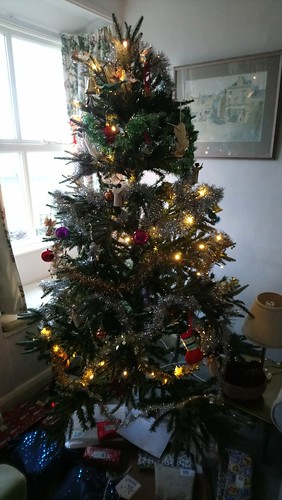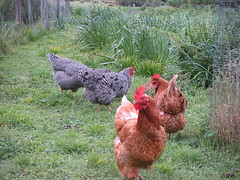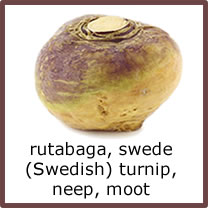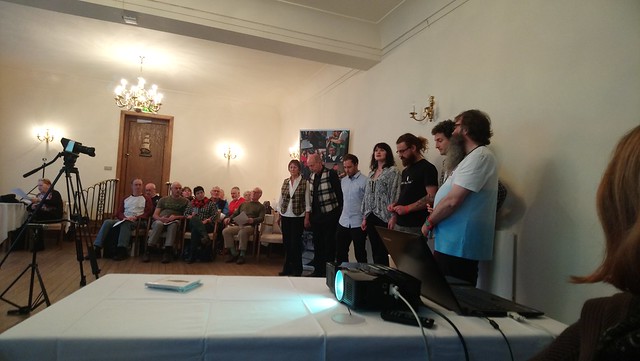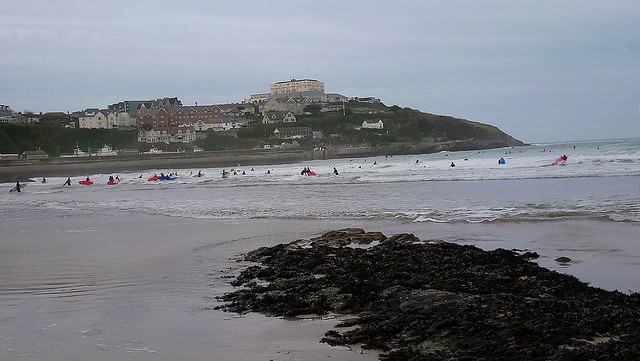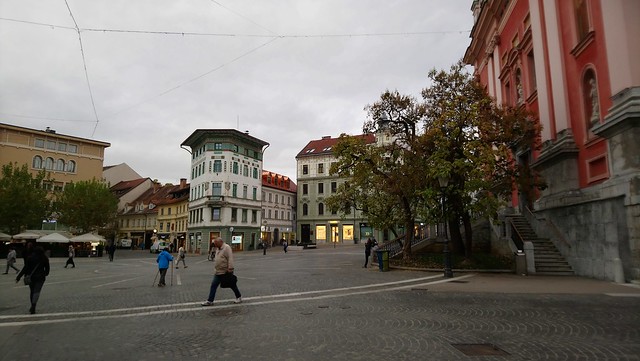Do you ever find yourself listening a something in a language you thought you knew well, and having difficultly understanding it?
This happens to me, even with languages I speak fluently, such as Welsh and Irish, especially when people are talking about an unfamiliar subject, or using an unfamiliar vocabulary.
Yesterday, for example, I watched some videos on YouTube in Russian and Swedish. I don’t speak either language fluently, but I can usually get a least some idea what people are talking about in them. With these videos though, I found it difficult to understand very much at all, as they were talking about people and things I know little or nothing about.
This is the Russian video – something about US visas, I think:
This is the Swedish video – something about politicians, I think:
I can usually understand just about everything on Radio Cymru (a Welsh language radio station), but sometimes I find it difficult to follow what people are saying, especially if they’re using very colloquial or very formal language. So there’s always more to learn.

